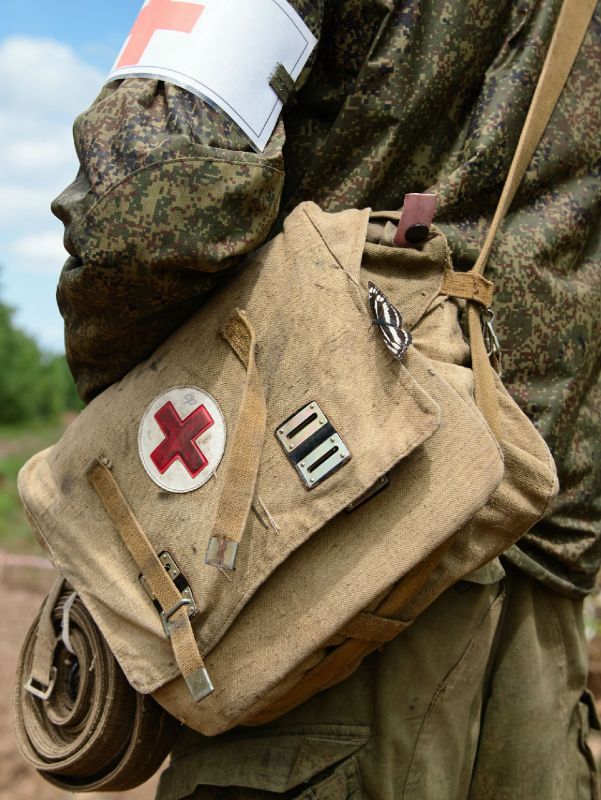
Units of the russian armed forces, which mainly consist of the so-called "partially mobilized" citizens, continue to cross into belarus. Their main task is the preparation of the material base and deployment sites for russian troops. Meanwhile, the draftees are forced to live in unsuitable conditions, mostly in field tents without proper sanitary conditions.
Among these servicemen, there is a large-scale outbreak of various diseases. Most of them are diseases of the respiratory tract (bronchitis, sore throat, pneumonia, and asthma) and gastrointestinal infections. The scale of the diseases is such that belarusian medics are unable to cope, therefore military and mobilized doctors are being urgently sent in from the russian federation to belarus.
In the near future, the next batch of medics is expected to arrive at the 230th combined military training ground of the Western Operational Command of the armed forces of the republic of belarus (obuz-lisnovskyi). The outbreak of diseases there is also associated with non-compliance with basic requirements for military camps to ensure hygiene, quality food, and medical care.
Tensions between the militaries of the two states are also growing in belarus. Multiple conflict situations are connected with precedents of contemptuous attitude of the russian servicemen towards belarusians. The military police of the republic of belarus are unable to restrain the russians. In particular, the reports submitted by senior officers of the belarusian armed forces based on the complaints of their rank-and-file servicemen indicate disparaging expressions and behavior of russians towards belarusians, in particular, involving ethnic-related insults. The number of incidents is growing rapidly, which leads to uncontrolled escalation of tensions.